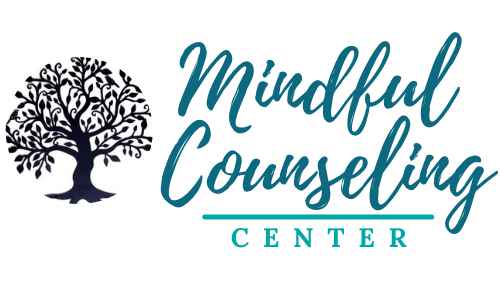Trauma

Experiencing trauma can profoundly impact your life. Trauma is an event(s) or circumstance(s) resulting in physical harm, emotional harm and and/or life-threatening harm. The event(s) or circumstance(s) has lasting adverse effects on the individual’s mental health, physical health, emotional health, social wellbeing and/or spiritual wellbeing. (SAMHSA)
Many people will experience trauma in their lifetime. Examples of events that can lead to someone to be traumatized include physical pain/injury (e.g., from a severe car accident), physical, emotional and sexual abuse, neglect, the death of a loved one, witnessing a death, being the victim of a violent criminal act, being incarcerated, exposure to the violence of war, a natural disaster, chronic illness/health conditions, caring for someone with chronic illness/health conditions, or dealing with oppression of some kind. However, trauma is not so much about a specific event or set of events experienced as a person’s personal reactions to the event(s).
Although some people who experience an event that is considered traumatic will go on with their lives without lasting negative effects, others will have difficulties that can lead to a wide range of mental health issues. If a person has a strong support system in place, has little or no prior traumatic experiences and many resilient qualities, an event considered traumatic it may not affect their mental health. (SAMHSA).
However, the effects of lasting trauma can cause deep emotional pain, fear, confusion or posttraumatic stress long after the traumatic event(s) has passed. In these circumstances, the support, guidance and assistance of a psychotherapist is fundamental to healing from trauma.
Trauma Symptoms
According to the four types of symptoms listed in the DSM-5, signs of trauma of person might experience from a traumatic event or set of events include:
Avoidance Symptoms
- Avoiding specific locations, sights, situations and sounds that serve as reminders of the event
- Anxiety, depression, numbness or guilt
Re-experiencing Symptoms
- Intrusive thoughts, nightmares or flashbacks
Hyperarousal Symptoms
- Anger, irritability and hypervigilance
- Aggressive, reckless behavior, including self-harm
- Sleep disturbances
Negative Mood and Cognition Symptoms
- Loss of interest in activities that were once considered enjoyable
- Difficulty remembering details of the distressing event
- Change in habits or behavior since the trauma
A condition known as post-traumatic stress disorder (PTSD) can sometimes occur after experience a traumatic event. PTSD is a type of anxiety disorder that affects stress hormones and changes the body’s response to stress. It can cause an intense physical and emotional response to thoughts or memories of the event. It can last for months or years following trauma. (Healthline.com)
Research has proven psychotherapy to be the most effective form of treatment for trauma, along with social support. If you or someone you know matches the trauma symptoms listed above, the Mindful Counseling Center can help. We invite you to contact us today.
